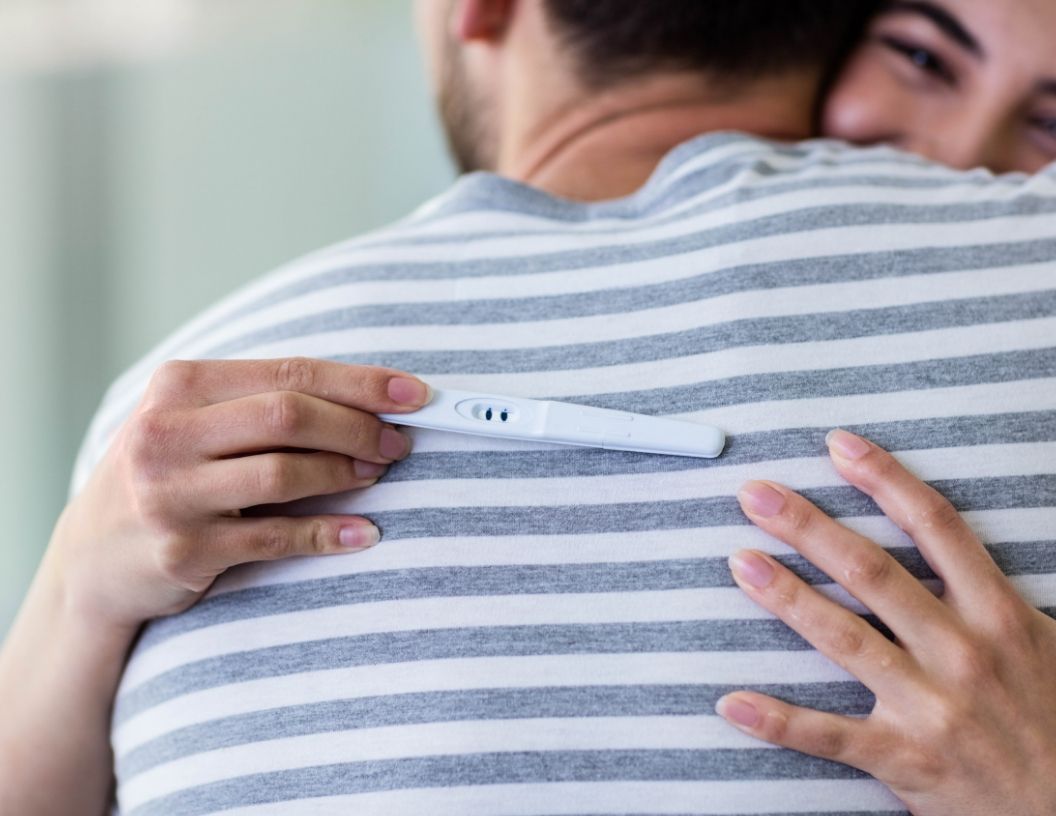
Increase Your Chances Of Pregnancy – Tips For Trying To Conceive
If you’ve tried or have been trying to get pregnant, then you know how stressful and disheartening it can be when you keep getting those negative test results.
Obviously there are many factors that play into a woman’s fertility, such as health, age, disease and genetics. However, aside from these factors, many women can struggle to get pregnant due to simple mistakes, that when corrected, can successfully result in a pregnancy.
Keep reading to find out how you can better your odds of becoming pregnant with these tips for trying to conceive.
This post may contain affiliate links, which means I may receive a small commission through purchases made on my site. This is at no extra cost to you, it simply keeps my site up & running. Click here to read more about this is my affiliate disclosure.
Track Your Menstrual Cycle
Thanks to technology, there is an app for everything, including tracking your menstrual cycle. If you’re trying to conceive, I would highly recommend downloading an app and tracking your cycle. I recommend the Ovia Fertility App (available in both the App Store and on Google Play), out of all the apps I’ve used this one is my favorite.
The key benefit to tracking your cycle is that you can better pinpoint how long your cycle is, and then narrow down your ovulation and your most fertile days.
To track your menstrual cycle, start with the first day of your period, or the first day you start bleeding (not spotting). This is your cycle day 1. Your cycle continues until the first day of your next period. The average length of a menstrual cycle is 28 days, but it is normal to have a longer or shorter cycle.
An important thing to note, there are many myths out there that claim it is harder to get pregnant if you have an irregular cycle. However, I am living proof that with these tips, you can still become pregnant just as easily as a woman with a regular cycle, it just depends on how well you track it.
Monitor Ovulation & Fertile Windows
So now that we know how to track our menstrual cycle, it’s time to learn the most important thing for when you’re trying to conceive: the fertile window.
The fertile window starts a few days before the day you ovulate.
The time of ovulation is typically 14 days after your period starts and is when you are the most fertile and your chances of getting pregnant are the highest. For the sake of avoiding confusion, I’ll use the standard 28-day menstrual cycles for this example (Just know that depending on your cycle length and regularity, these days will vary).
In a 28 days cycle, your ovulation would be on day 14.
Before ovulation, there is a time when you are at the highest chance of conceiving because the egg has been released and is ready to be fertilized. This is called the fertile window, and it spans 5-6 days before you ovulate, with a peak in fertility, that typically falls 2-3 days before the day you ovulate. So going back to the 28-day cycle, the highest peak in your fertile window would fall on days 12, 13, and 14.
I know this can all seem confusing, but thanks to modern technology, there is a great tool that I personally used when trying to conceive. Of all the tips for trying to conceive, this one is by far the most important. Ladies, I would definitely recommend investing in the ClearBlue Ovulation predictor kit. This thing works wonders! It does all the tracking for you, and I attribute a large part of my positive pregnancy test to this kit. Click here to read about how this ovulation test can help you get pregnant!
Avoid Stress
Find your zen ladies. I know it’s easier said than done with all the work deadlines, or maybe your mother-in-law is coming to visit and the house is a mess, or even the guy who just cut you off in rush hour traffic. Breathe.
Recent studies have shown that stress could affect fertility. When we experience stress, two hormones are released into the body, cortisol and adrenaline. These two hormones can push your metabolism into high gear, elevate blood pressure, and can even cause you to stop ovulating, which we learned is the most important thing when trying to get pregnant.
So keep it cool ladies, relax and try practicing stress management, and indulge in some R&R during this time.
Have Sex Every Other Day In The Fertile Window
Now we know how to track our menstrual cycle and how to find our ovulation day and fertile window, the next step is obvious, have sex.
But wait, there is something important to be aware of when it comes to having sex in your fertile window. Notice I didn’t say to have sex every day, rather, have sex every other day.
Studies have shown that couple’s who have sex every day in the fertile window, versus couple’s who have sex every other day, had very similar results when it came to successfully getting pregnant.
So if this is true, you may be thinking then why does it matter? Well, the reason I thought this was important to mention is because sometimes couple’s can feel pressure to have sex every day in the fertile window, and that pressure can result in stress, and quite frankly, it can be a buzzkill, if you know what I mean.
We already know that stress can decrease chances of pregnancy, so you want to avoid it at all costs. By taking the pressure of every day off the shoulders of couple’s who are trying to conceive, they are more likely to relax and by decreasing stress, ultimately have better odds of becoming pregnant.
Take A Prenatal Vitamin
Taking a prenatal vitamin is commonly misunderstood to be taken only during pregnancy, however when it comes to trying to conceive, taking a prenatal can be very beneficial.
One of my favorite tips for trying to conceive is to take a prenatal vitamin and to have your partner take a preconception vitamin too. When my husband and I were trying to get pregnant, I had found many studies proving that prenatal vitamins had helped in both partners when trying to conceive.
The best prenatal vitamin I found was the Women’s OneADay Prenatal and the best part is, they have a couple’s combo pack that includes a OneADay Pre-Conception for men. My husband and I both took these every day for a month leading up to our positive pregnancy test.
Click here to read more about the best prenatal vitamins for pregnancy!
There are many benefits to taking a prenatal vitamin before conceiving. By taking a prenatal vitamin, the woman is adding nutrients to her body that make it more inhabitable for a fetus, and therefore increasing her chance of a successful pregnancy. Not to mention, nutrients such as folic acid and B vitamins (found in prenatals) aid in protecting your baby from harmful birth defects.
The benefits for the man taking a preconception vitamin is that it could increase levels of nutrients that he could be deficient in such as iron and calcium which help with sperm production.
*It is important to know that men should not take a woman’s prenatal vitamin, they should only take prenatal vitamins designated for men seeing as the dosing is different and specific to the nutrients they need.
Cut Back On Caffeine
This one is important and most women don’t even realize it is possibly the thing holding them back from getting pregnant: caffeine.
Now, I’m not saying cut out caffeine altogether. Cue the collective sigh of relief, believe me, I love my caffeine. But, it is important to cut back on the amount of caffeine you have each day. This means keeping your intake between 100-200 mg of caffeine daily.
To put that in perspective, an 8 oz. cup of coffee is about 100 mg of caffeine, so you can still indulge in your daily cup or two and be fine.
This is also a great way to kick start pregnancy because once you’re pregnant it is recommended to stay below 150 mg of caffeine each day.
Cut Back On Strenuous Work Outs
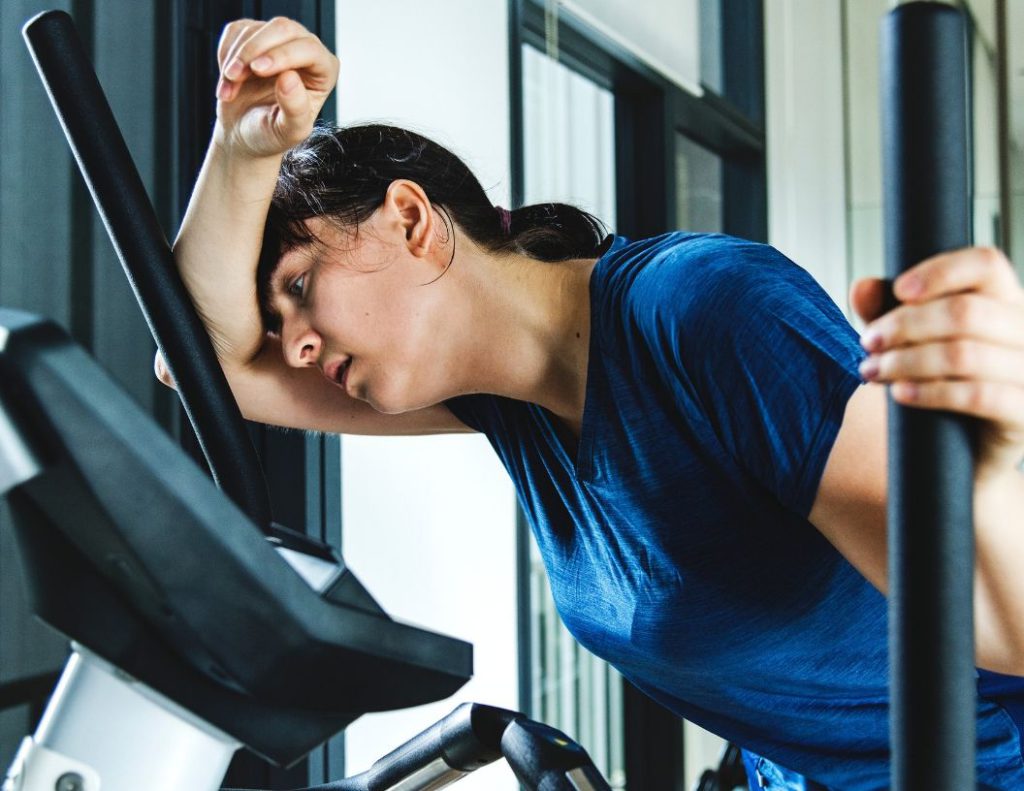
While that is okay and recommended, just be sure you aren’t overdoing it. Strenuous exercise could be a contributing factor to your negative pregnancy tests. When you put your body through strenuous exercise, your body signals a stress response which releases a hormone called cortisol.
Now we all know that stress is no bueno for when you’re trying to conceive, so by putting your body into overdrive while you’re at the gym, you could be releasing the same hormone associated with stress, and therefore butchering your chances of getting pregnant.
When To Seek Help
As you can see there is a lot that goes into getting pregnant and it’s important to be aware of the mistakes you could be making unknowingly, that could potentially be keeping you from seeing that big fat positive.
However in some cases, you could be doing everything right and taking all the right precautions and unfortunately, you still aren’t seeing the results you want.
If you are a woman over the age of 35, it may be in your best interest to seek a fertility evaluation before trying to conceive.
If you are younger than age 35, most doctors recommend ( and typically will not see a patient until then) actively trying to conceive without birth control for 6 months to a year before seeking an evaluation.
May The Odds Be Ever In Your Favor!
Well ladies, there you have it! When it comes to trying to conceive, there is surprisingly a lot that goes into it. Just be sure to follow these tips, and hopefully, a positive test will be in your near future!
I hope you enjoyed these tips for trying to conceive. If you have any questions, personal stories, or suggestions, I would love to hear them! Please leave them in the comments below.
XOXO

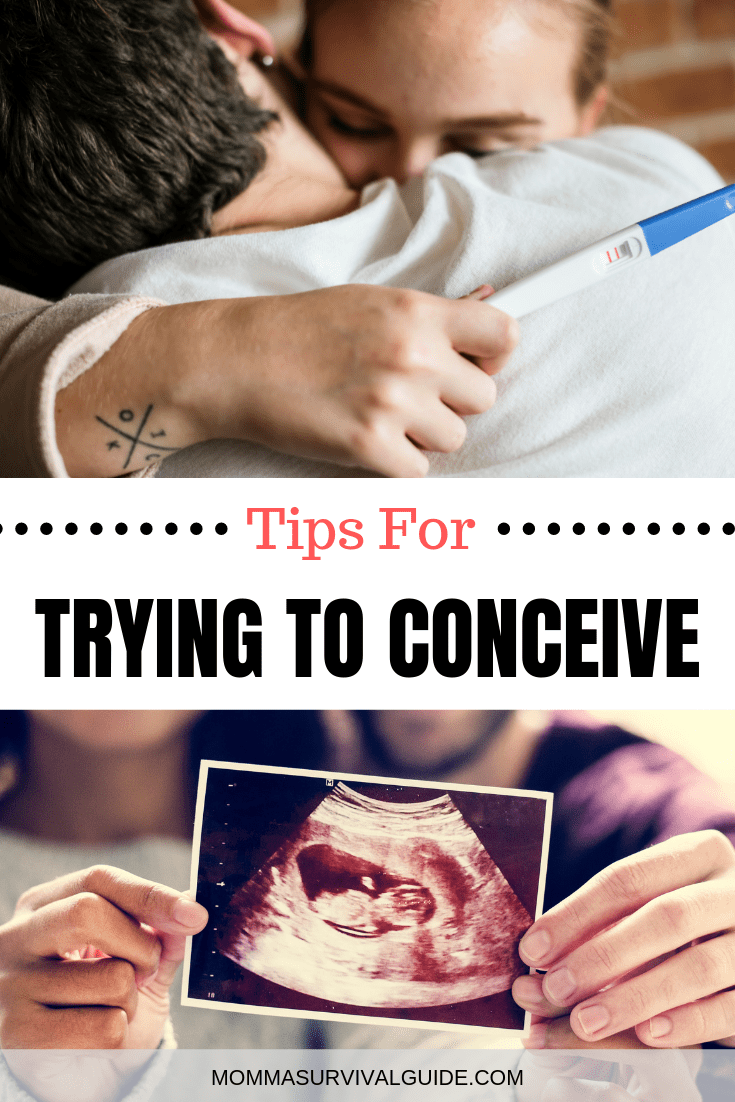
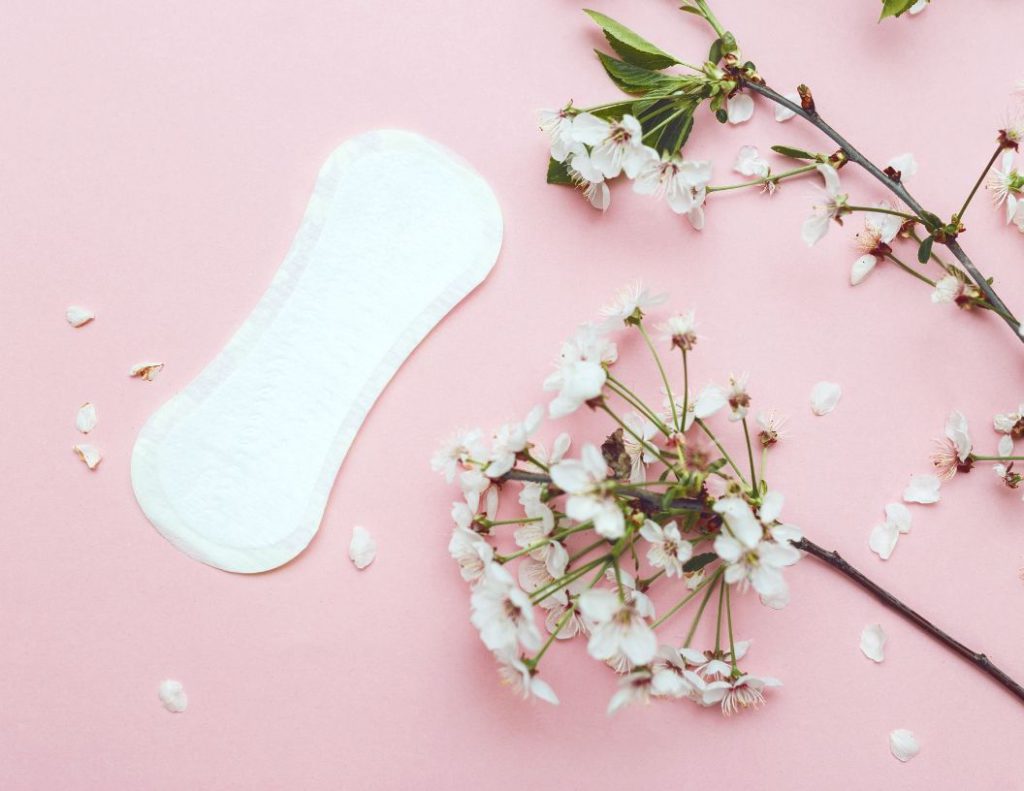
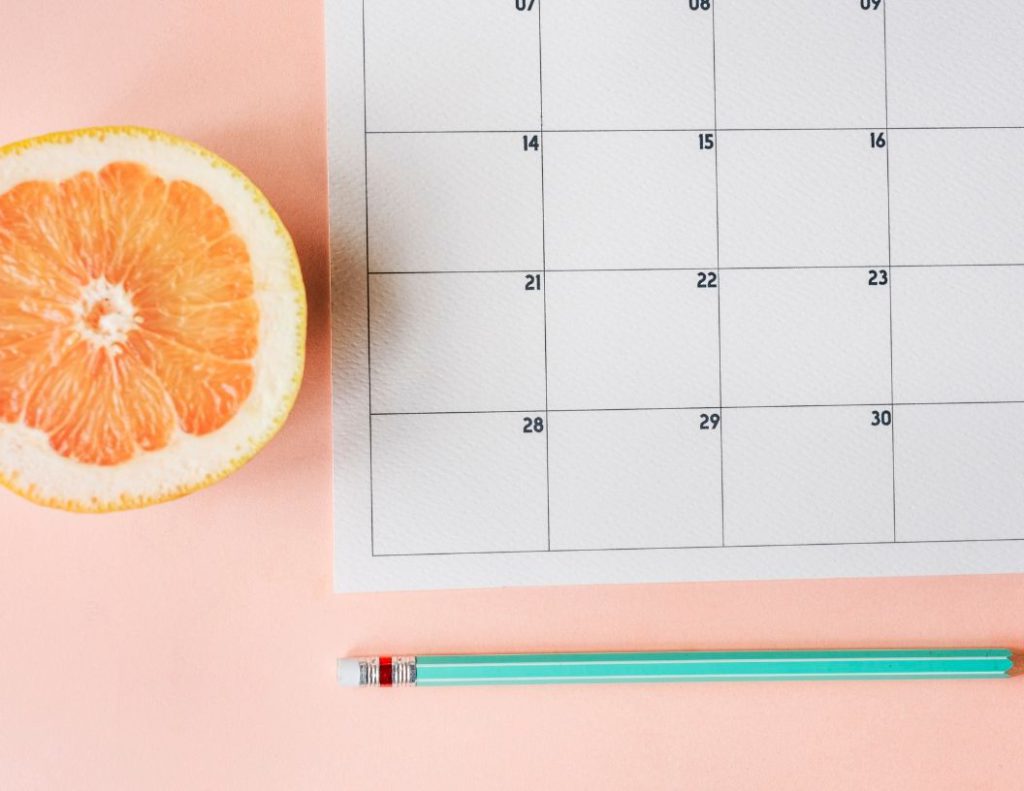
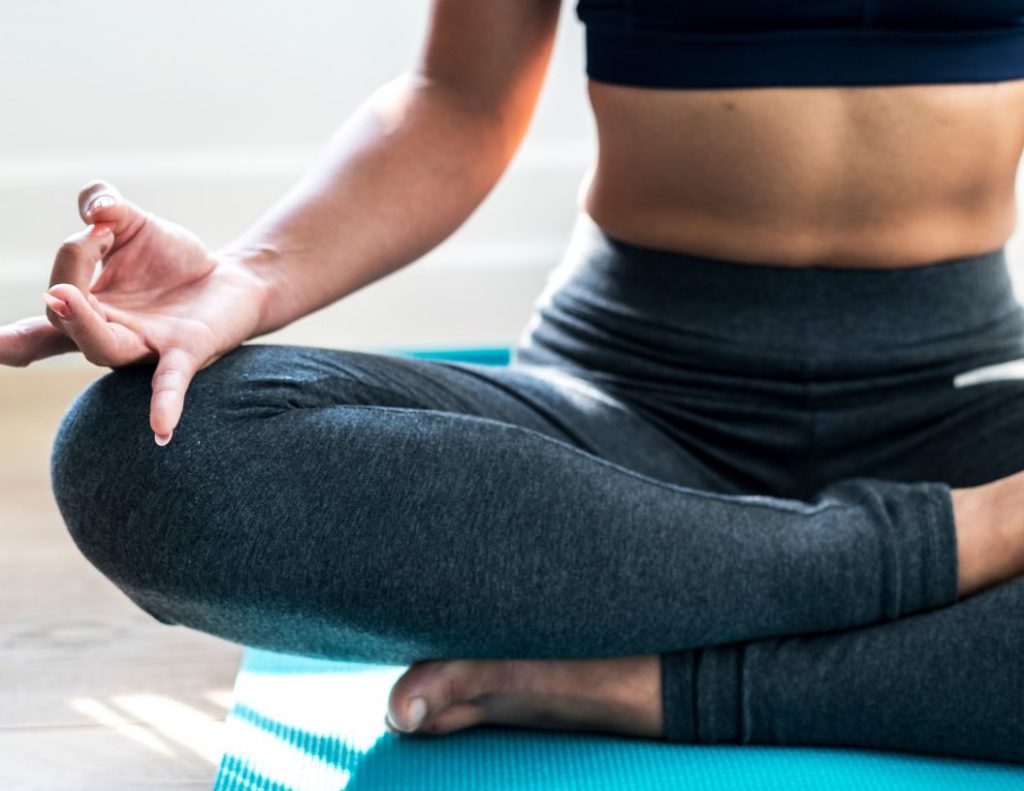

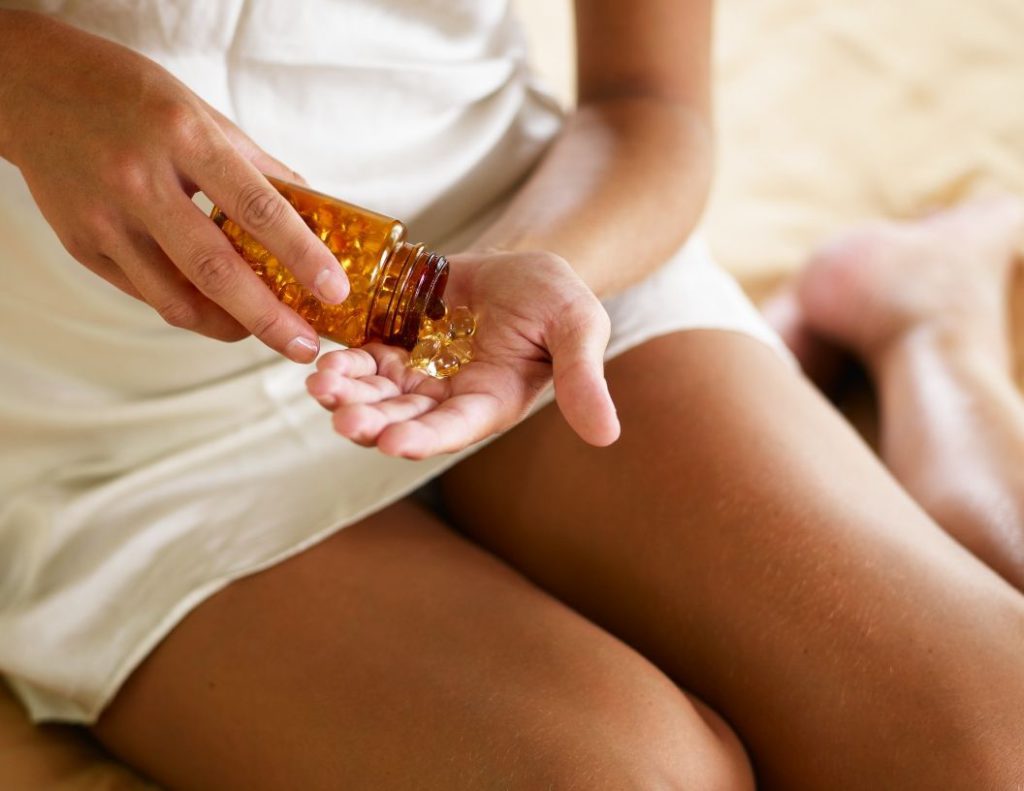

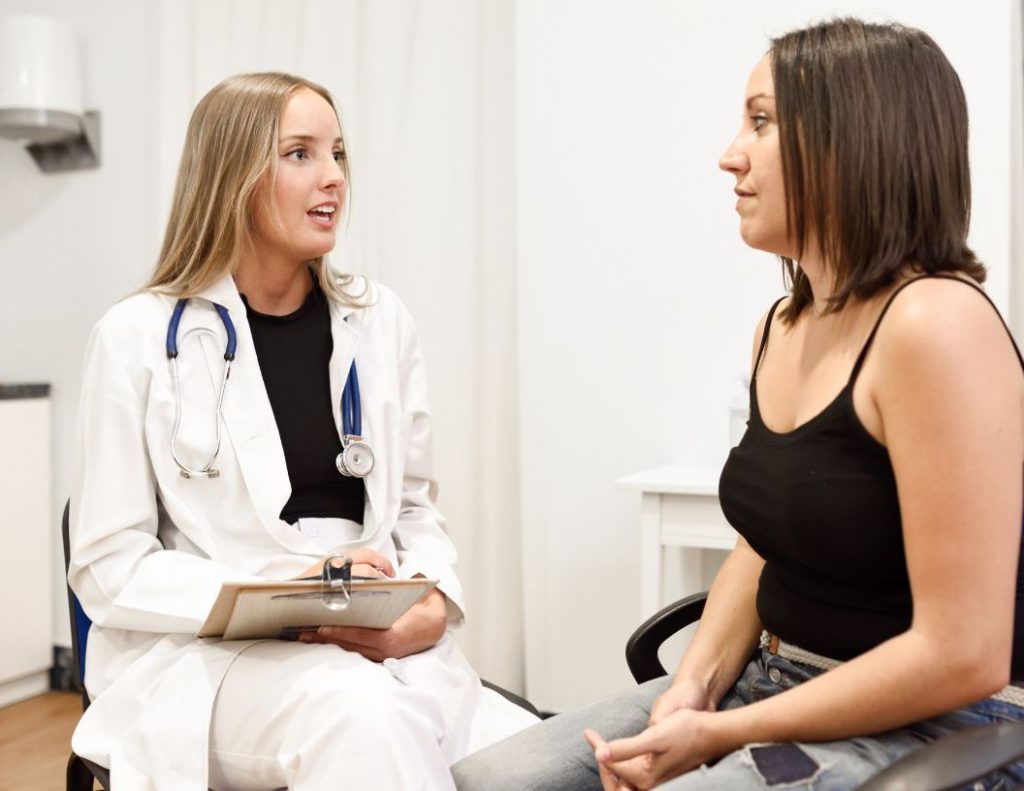




2 Comments
CJ
Great list of recommendations here. I find that checking daily temperature is helpful too as it changes during ovulation. Lowering stress levels is so important and I think that’s a great tip about trying every other day to reduce pressure. Thanks for sharing all this, very helpful.
Madysen
Hi CJ!
That’s also a great way to help track fertility is to check your basal temperature daily! Thank you for pointing that out. I’m so glad you stopped by thanks for your comment 🙂